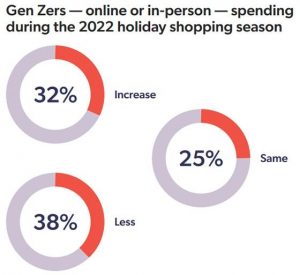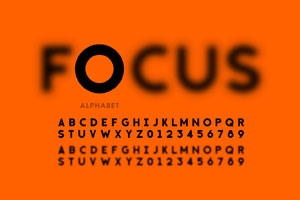High salaries, poor performance: These were the most overpaid CEOs last year
Most CEOs of S&P 500 companies got a raise of at least 9%, according to a new ‘Wall Street Journal’ report. And some CEOs made millions despite their bad performance.
BY Chris Morris
When it comes to CEO salaries, no one topped Broadcom’s Hock Tan last year. A new study by the Wall Street Journal ranks Tan (and his $161.74 million pay package) as the highest among S&P 500 companies last year.
And while there are valid arguments to be made about excessive executive compensation and the growing pay gap between executives and their employees, it’s not hard to see why Tan was awarded that figure. In the past year, Broadcom shares have more than doubled. But what about those companies whose stock lost value last year? Are executives there still cleaning up, regardless?
In some cases, yes. The Journal’s figures also look at executive salaries compared to the total shareholder return in 2023. (Nvidia’s Jensen Huang, for example, received about $34 million while shares increased 215%. Fair Isaac’s Will Lansing made more than $66 million as that company gained 111%.)
Among the worst performers on the S&P, some compensation packages were still high, with three CEOs finishing the year with $15 million or more, despite heavy corporate losses.
Enphase Energy, for instance, had a return of -50.1% last year, but CEO Badrinarayanan Kothandaraman received compensation of $19.52 million.
The vast majority of that—some $18.8 million—was in equity, which was a common theme among most of the top-paid CEOs of the worst-performing companies. That offers a powerful incentive for them to improve the company’s performance. If they do, the shares become a lot more valuable. If they maintain the status quo or things get worse? They’re hurting their own net worth.
Mark Douglas, CEO of FMC, which had a -48% return last year, received $9.63 million, of which $7.22 million was in equity.
Healthcare giants Pfizer and Moderna both made the list of highest-paid CEOs with the worst performance as demand for COVID-related vaccines fell off, which resulted in financial misses and weaker overall performance.
For instance, Stephane Bancel, CEO of Moderna (down 41.2%), saw a package of $17.07 million. But the value of his stock and options (which was initially valued at $12.5 million) fell to $7.3 million by the end of the year. And when previous equity awards were factored in, Bancel’s overall value dropped $167 million.
Albert Bourla at Pfizer, meanwhile, received total compensation of $21.57 million, but that number could have been higher. Pfizer, as a result of its financial performance, opted not to give bonuses to its executives last year.

Chad Richison, CEO of Paycom Software, was the only CEO on the worst-performing list whose salary package was not built around equity. As his company saw a shareholder return of -33.1% last year, he pocketed over $3 million in cash and other payments.
Executive compensation has been under increased scrutiny as the wage gap has grown between CEOs and their employees. A strong leader can guide a company through difficult periods or drive it to new heights. But sometimes the ratio of their compensation compared to what the average worker earns is inordinately high. Overall, most executives at S&P 500 companies received year-over-year raises of at least 9%, the Journal found. Nearly a quarter of the executives saw their compensation packages climb 25% or more, however. Average employees, meanwhile, saw their salaries go up 4.4%—the highest year-over-year growth since 2001, according to The Conference Board.
Last fall, Fast Company published a special report on fair CEO pay, comparing the compensation of corporate leaders to that of their employees, breaking down which leaders make exorbitant salaries (i.e. Mark Zuckerberg, who earned 91 times that of his median employee) and which are at more fair levels (including Applovin’s Adam Foroughi, who earns less than his median employee each year, but owns more than one-third of the company’s stock).
And, in some cases, a leader will take no salary for a long period, though, as shown recently with Elon Musk’s $56 billion pay package, which is still in limbo. They could be in line for a big bonus if the company hits certain performance levels.
ABOUT THE AUTHOR
(16)
Report Post







